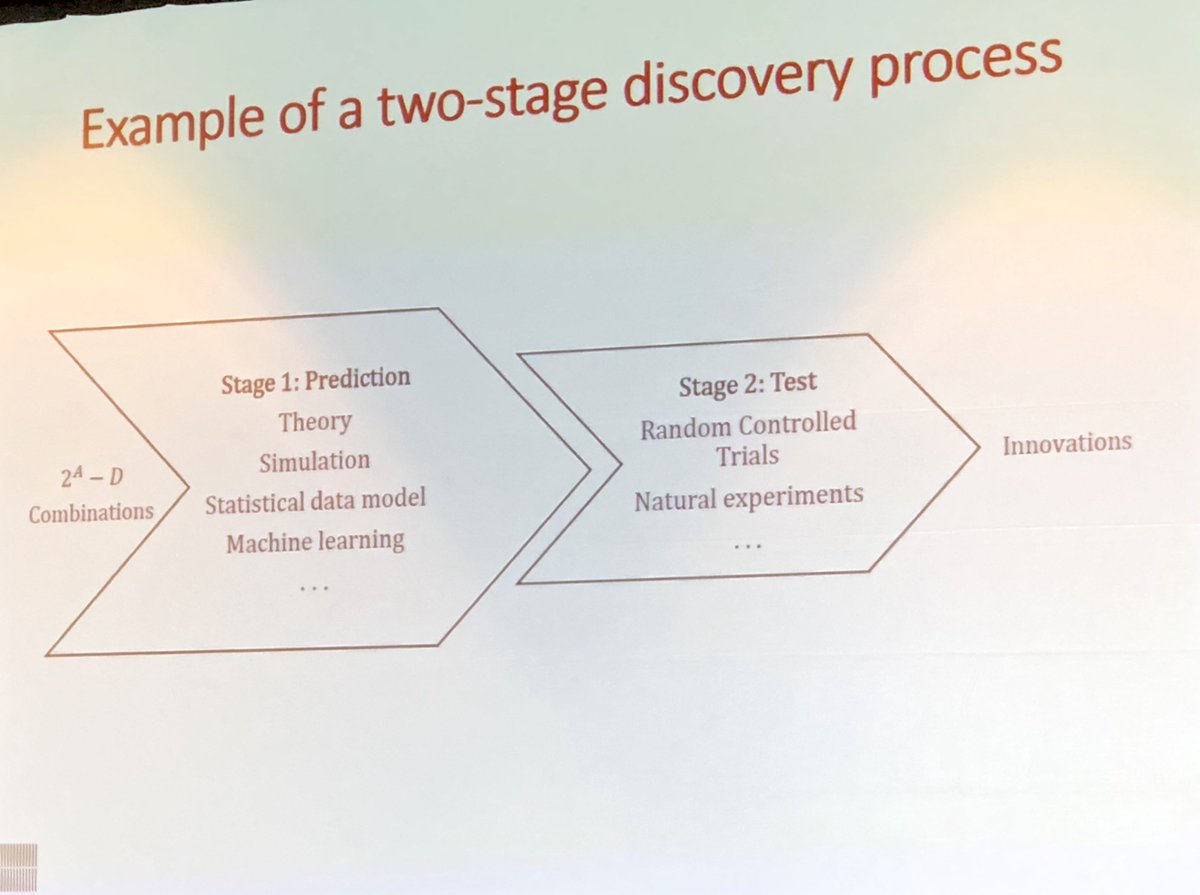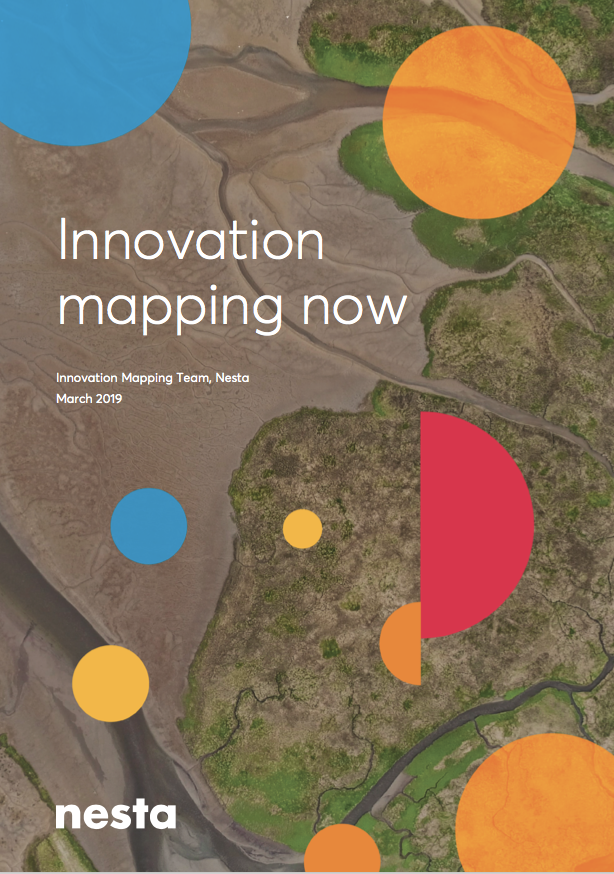
Director of data analytics @nesta_uk. Interested in economics, innovation, artificial intelligence, complexity, philosophy, methodology, science fiction, python
How to get URL link on X (Twitter) App





 1. AI systems trained on historical data can help predict which opportunities have more potential, improving prioritisation and expected returns from innovation.
1. AI systems trained on historical data can help predict which opportunities have more potential, improving prioritisation and expected returns from innovation. https://twitter.com/jmateosgarcia/status/1450362833313714177Some implications:





 “The lesson I learned was to treat data and the system it lived in not as an abstraction but as a real thing with particular properties, and to work to understand those unique conditions as deeply as I can” ~ use data not to scale up away from the thing, but back into it.
“The lesson I learned was to treat data and the system it lived in not as an abstraction but as a real thing with particular properties, and to work to understand those unique conditions as deeply as I can” ~ use data not to scale up away from the thing, but back into it. 

 1. We argue that innovation missions need new indicators able to capture emergence, diffusion, crossover and diversity. Otherwise, how will we know if they work?
1. We argue that innovation missions need new indicators able to capture emergence, diffusion, crossover and diversity. Otherwise, how will we know if they work? 

https://twitter.com/JMateosGarcia/status/1176369435805913089



 We start with the policy problem: a disconnect between technological innovation and growth/sustainability/wellbeing. Traditional innovation policy instruments don't seem enough to address it. A new wave of activist, directional & holistic policies emerge as an alternative [2/7]
We start with the policy problem: a disconnect between technological innovation and growth/sustainability/wellbeing. Traditional innovation policy instruments don't seem enough to address it. A new wave of activist, directional & holistic policies emerge as an alternative [2/7] 

